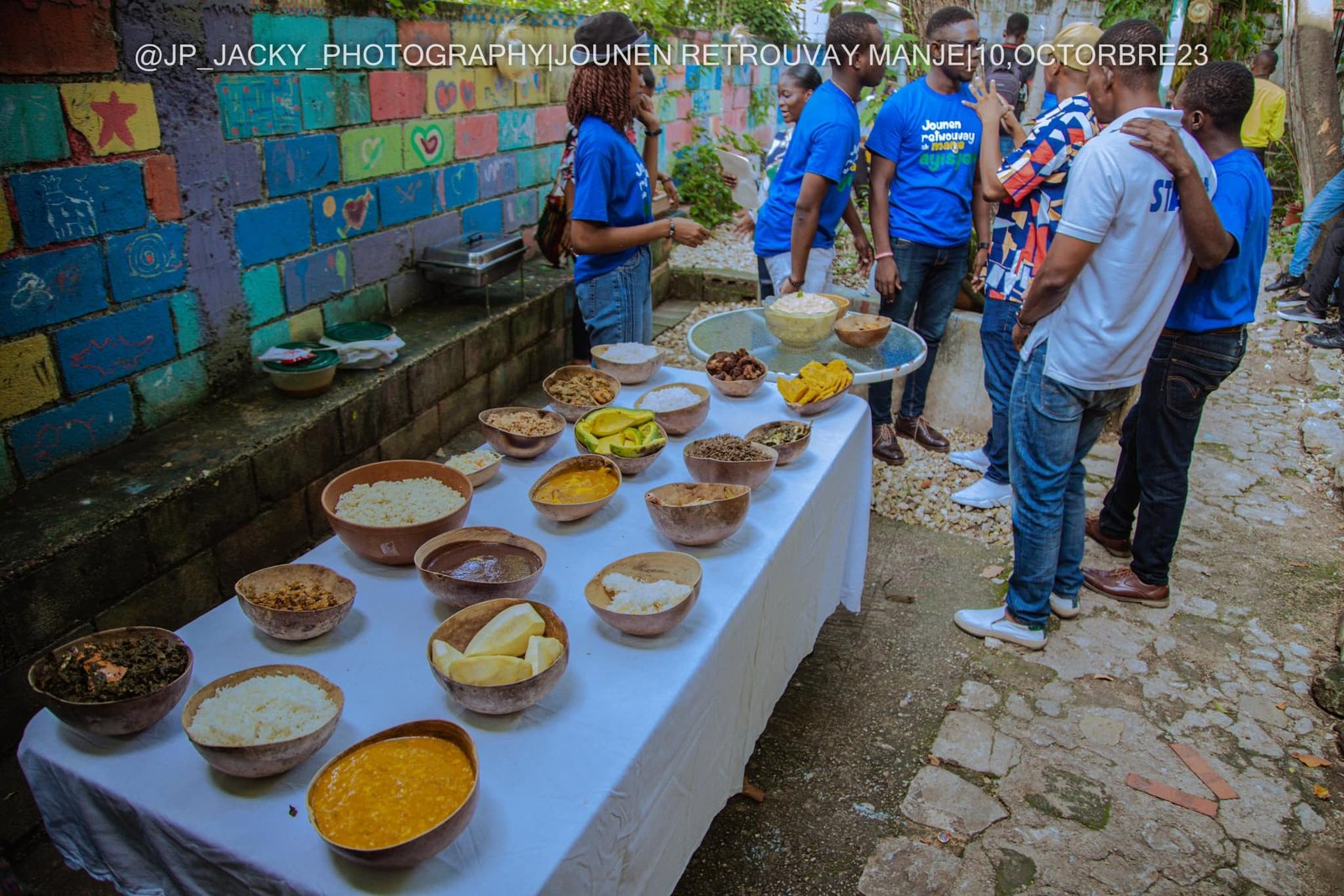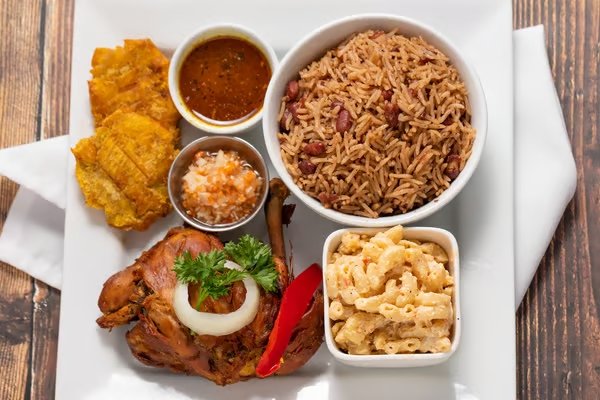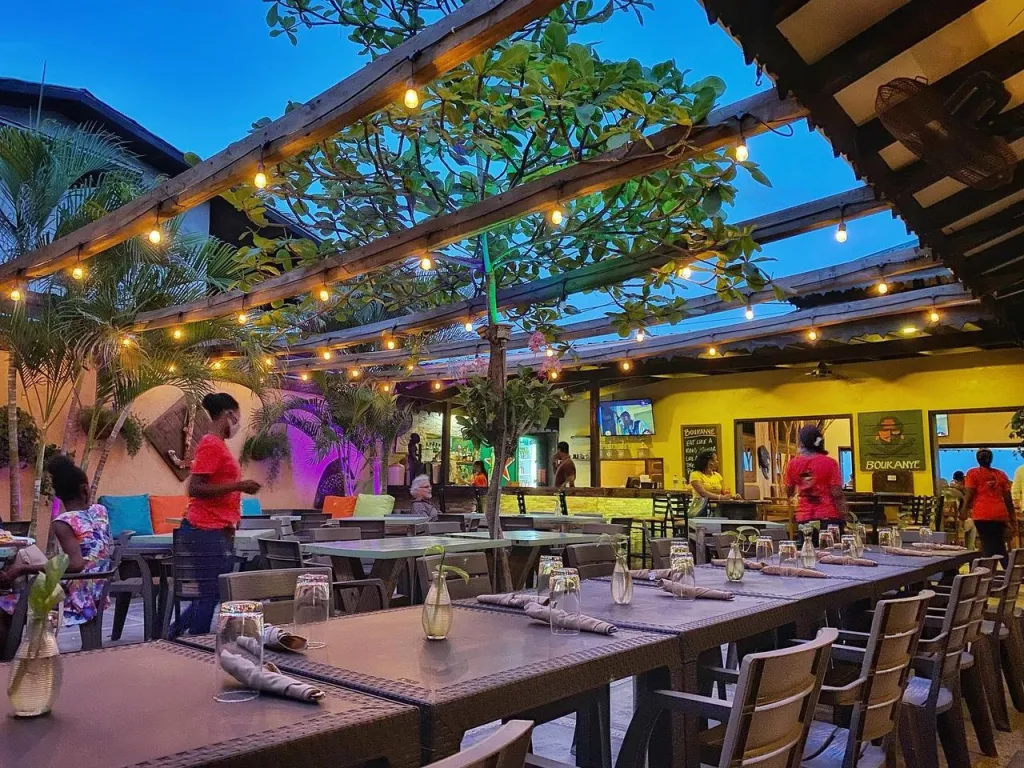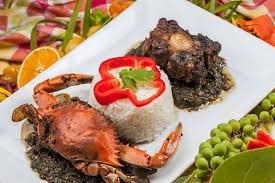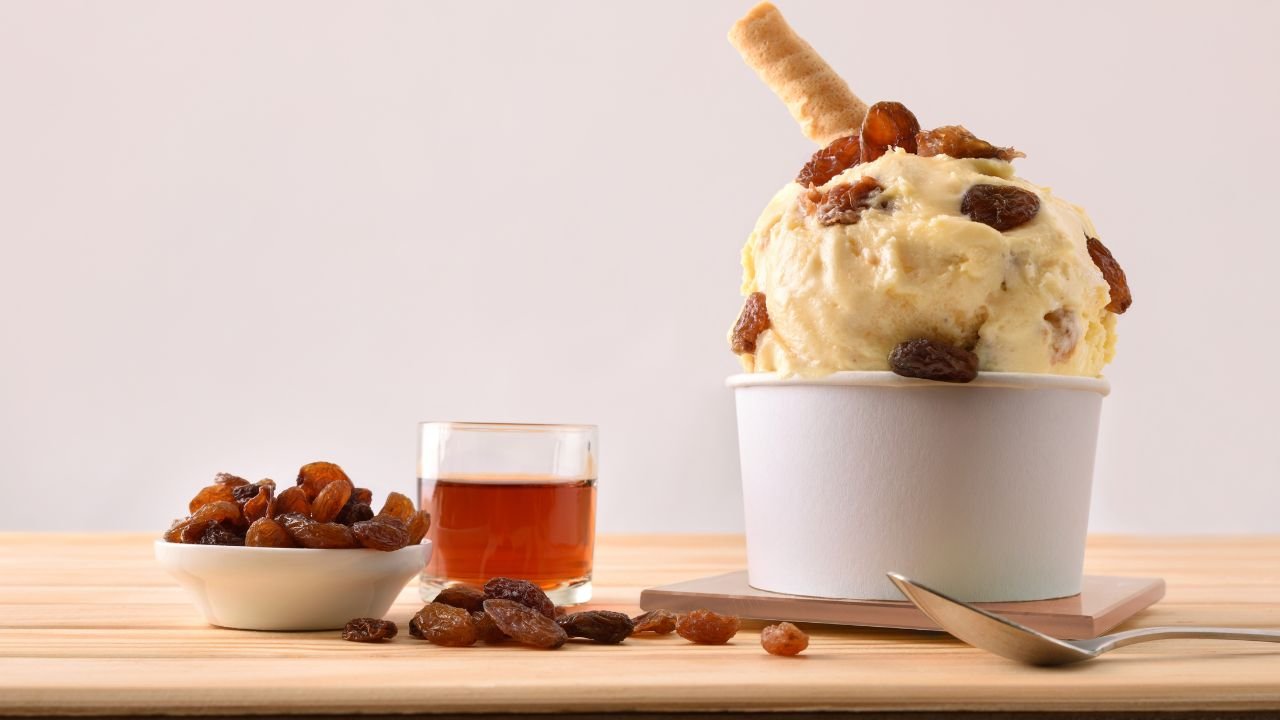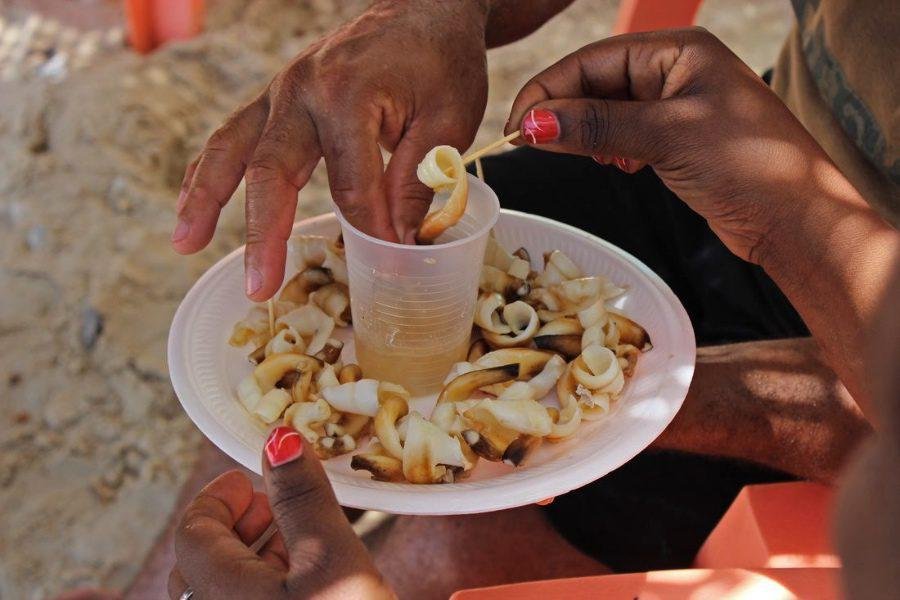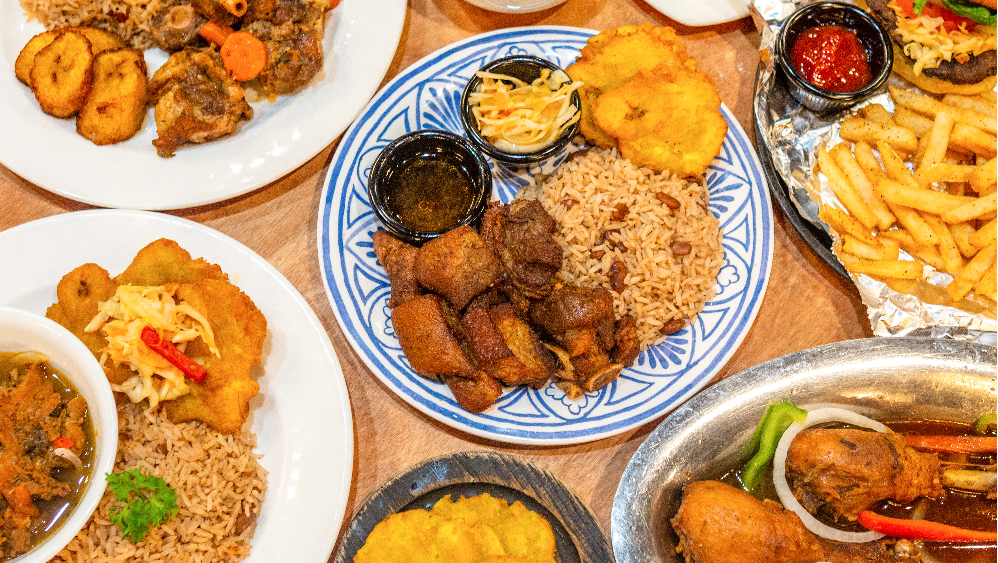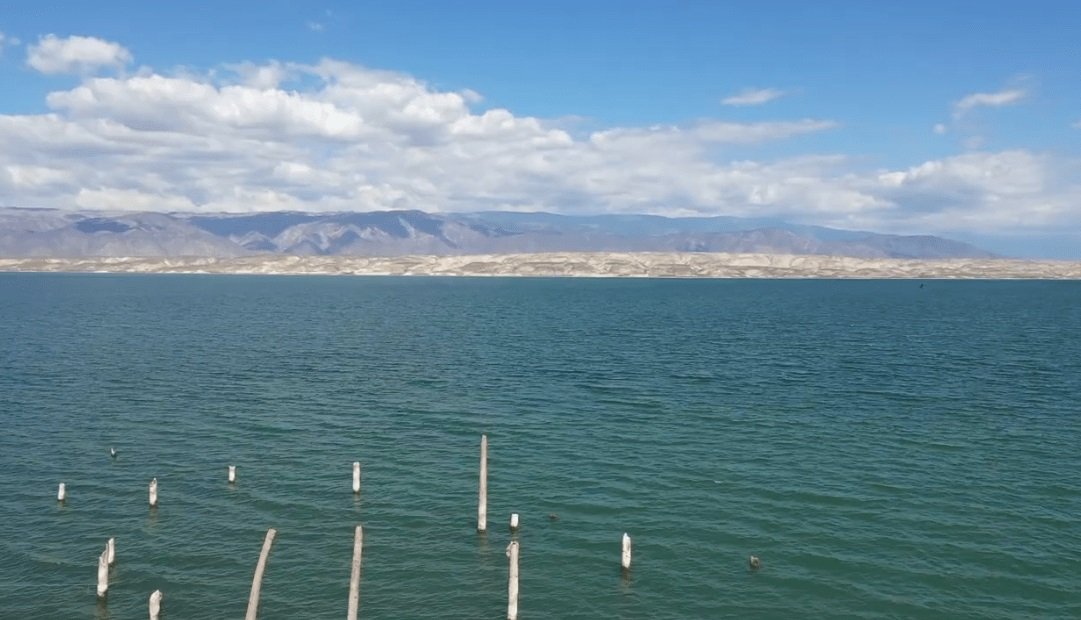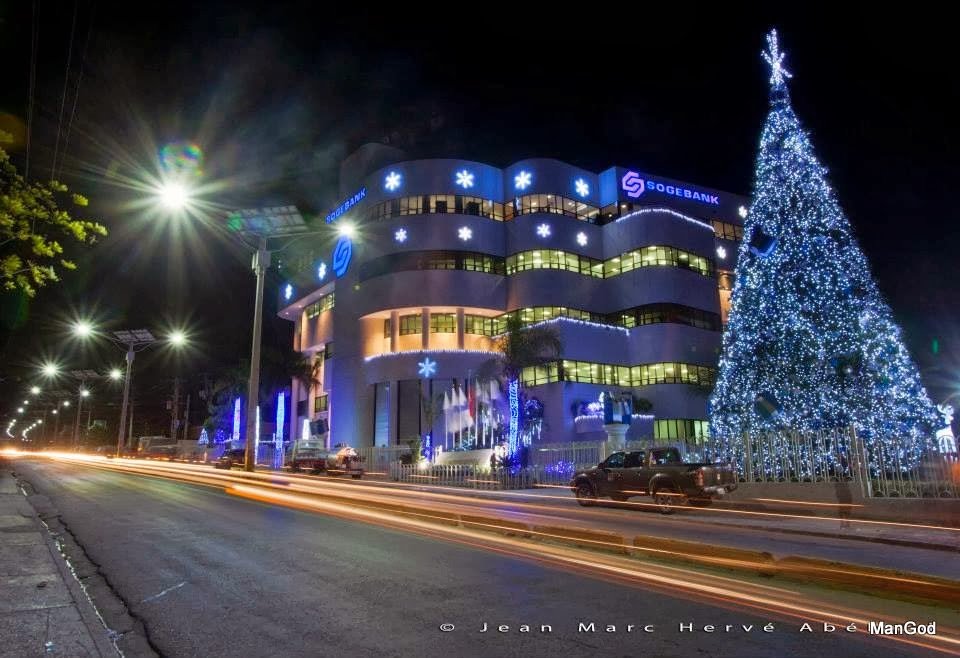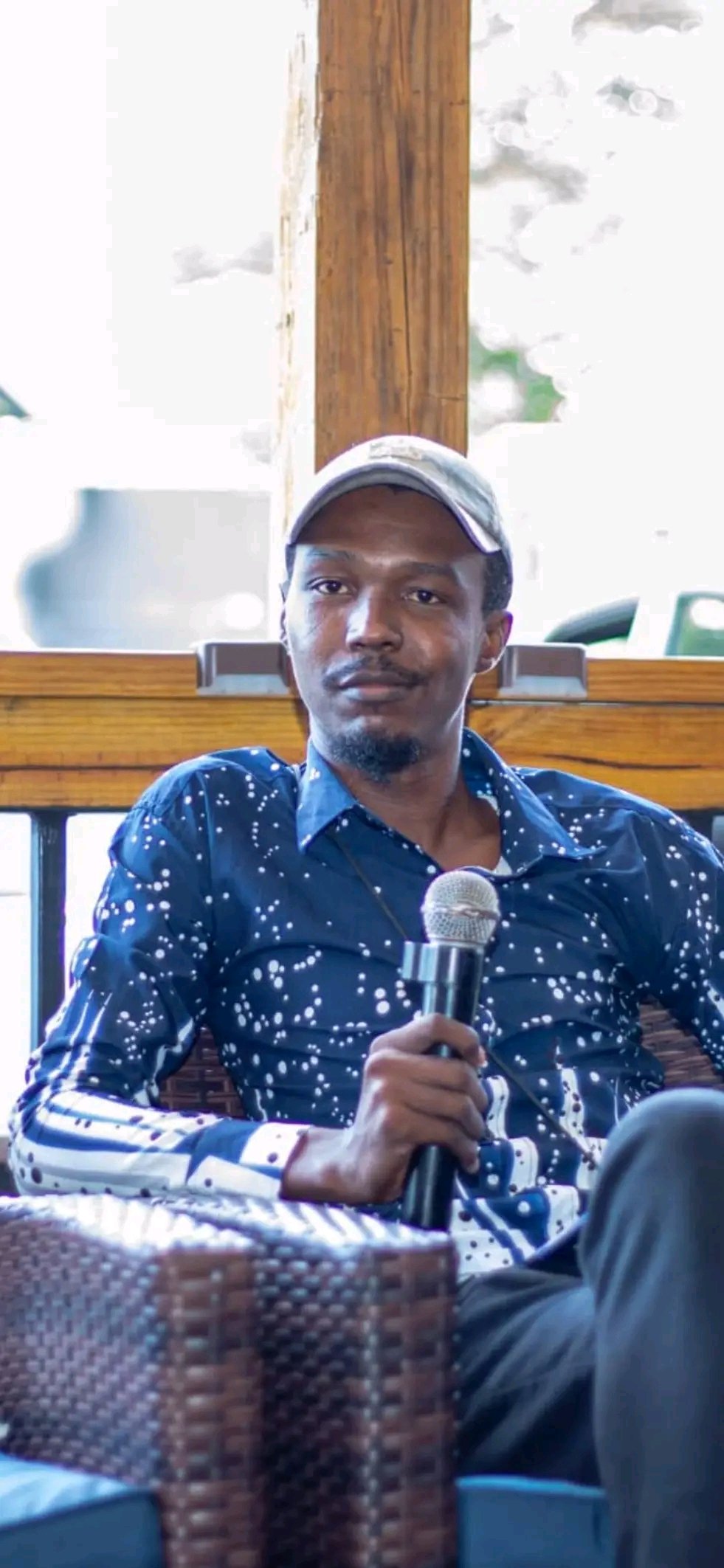
Haitian cuisine is a true culinary treasure, reflecting the history, culture and traditions of the country. Each dish is a taste journey in its own right, offering a palette of flavors and aromas that seduce the most demanding palates. Among these delicacies, joumou soup is particularly iconic, being traditionally served to celebrate Haiti’s independence on January 1st. Chiktay, for its part, is a spicy and spicy meat preparation, accompanied by bread, while weighed bananas are plantain croquettes. Tonmtonm is a dish made from breadfruit, tchaka is a mixture of peas, vegetables and other ingredients, lalo is a preparation made from leaves. White rice, pea puree and vegetables are staples of Haitian cuisine, and griots are pieces of pork fried to perfection.
By highlighting this variety of dishes, Andy Vibert not only allowed his guests to taste the rich diversity of Haitian cuisine, but he also encouraged a sense of national pride and support for local production. In an increasingly globalized world, it is essential to preserve the culinary traditions that make a country rich, while participating in the economic development of its nation.
This event "JOUNEN RETWOUVAY AK MANJE AYISYEN" was not only a birthday party, but also a celebration of Haitian culture through its flavors and culinary traditions. He reminded all guests that cooking can be a powerful way to strengthen community ties, support local production, and highlight the diversity and richness of Haitian culture.









